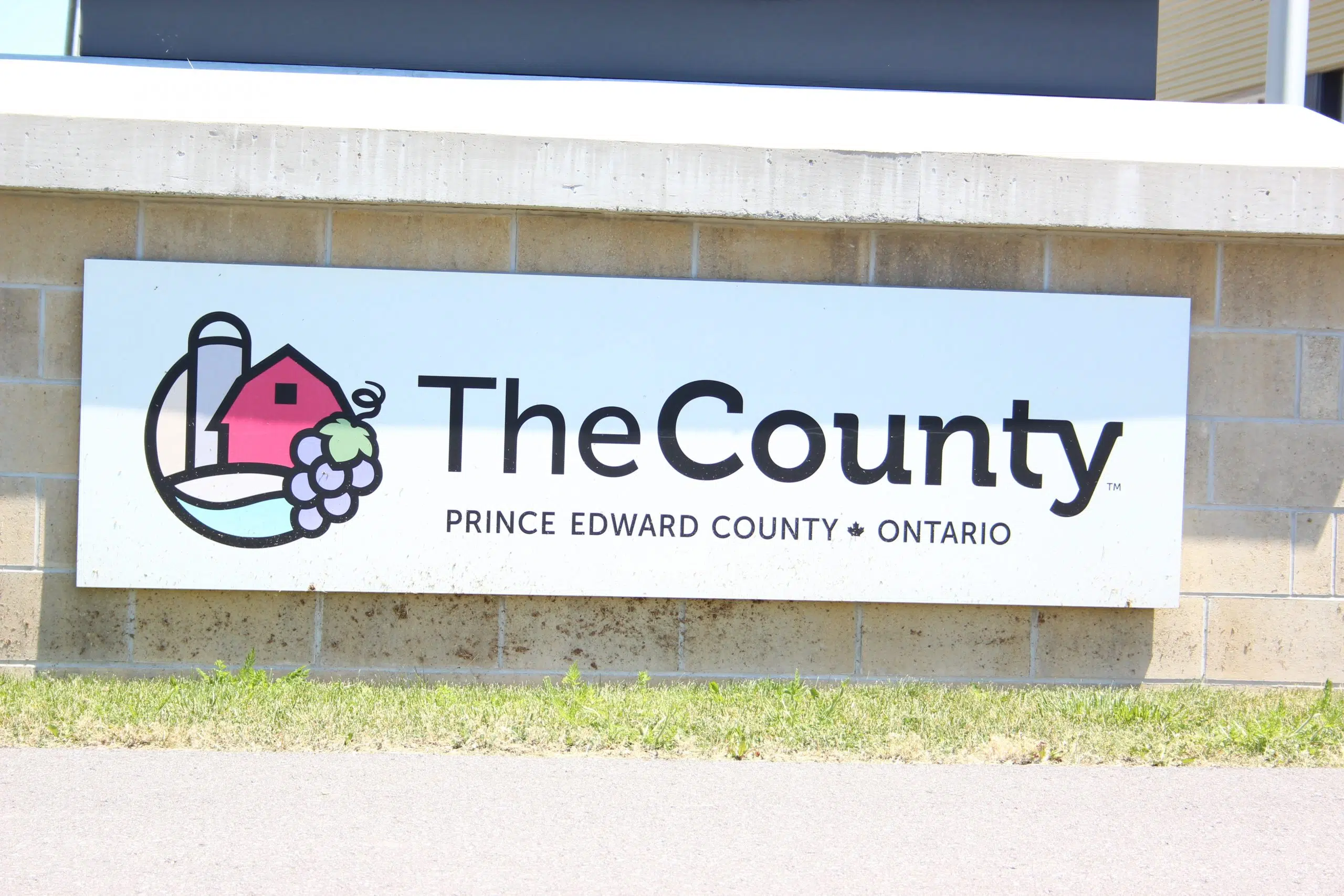Prince Edward County council has rescinded the old by-law concerning short term accommodations and replaced it with a new, more clear by-law.
At Tuesday’s council meeting, council discussed a staff report regarding the lack of clarity on the current STA by-law with regards to how it differentiates whole home, owner occupied and bed & breakfasts.
The issue with the lack of definition between the three led to problems with how they’re regulated differently.
The staff report recommended that council rescind the old by-law, enacted in 2019, and approve the new by-law which has clear definitions of the three types and language changes in the regulations to eliminate any ambiguity in enforcing them.
The definition for a bed & breakfast in the staff report is:
“A Short–Term Accommodation in a single detached dwelling in which the owner and operator occupies the dwelling, which provides no more than four guest rooms for the temporary accommodation of the travelling public, and which offers daily breakfast meals to accommodated guests and operates as one household unit.”
An owner occupied STA is:
“A Short–Term Accommodation in a dwelling or dwelling unit, that is located on the same lot as the dwelling or dwelling unit, that the owner and operator has designated as their principal residence on their income tax filing and in other government records.”
Whole home STAs are defined as:
“A Short–Term Accommodation in which one or two dwelling units on the property are entirely occupied by accommodated guests.”
Since the original STA by-law was put in place, 792 licensees have completed the licensing process, including those who were denied and suspended, and 180 are still waiting for licences. Of the total number, 972, 69% are whole home STAs and 31% are bed & breakfasts according to the staff report.
In September of 2020, council put in place a freeze on the STA licensing program that is still in effect.
Part of the reason for staff’s recommendation that council rescind the older by-law and enact the new one is because the older by-law didn’t allow council to do a phased reopening for the licensing program.
The resolution put forward by staff not only put in place the new by-law but also offered options for council to act on the licensing program pause.
Councillors were nearly unanimous in their preference for the first option which will see the licensing program pause be lifted for bed & breakfast applicants as well as owner occupied applicants. The pause will remain in effect for whole home licence applications for an unspecified amount of time.
Though it was not part of the decision items on the resolution, the county’s incoming STA location map was a hot topic as well.
There were five members of the public on hand to speak about the project which will see a map of all licensed STAs in the county released publicly.
There has been strong push back against the initiative with STA owners saying they fear vandalism, harassment and risks to their safety if the address of their property is released publicly.
The map does not release contact information or names.
Joshua Lind said he owns a home in Prince Edward County that he rents out for approximately half the year and plans to move into the house someday.
He told councillors that releasing the locations of STAs in the county puts a target on them and opens them up to trouble.
Audio Player“I am a 6’1″ Caucasian cis male and I do not feel comfortable with the address of my home becoming public domain. If I were smaller, BIPOC, LGBTQ or had any previous traumatic violent experience in my life, this proposal would be terrifying.”
Councillors challenged the idea that vandalism and crime is a guarantee. Councillor Janice Maynard referred to statistics that pointed to break and enters having dropped sharply in the county year over year.
Chief Administrative Officer Marcia Wallace told council that the mapping is approximately one month from being finished and that council could not reopen discussions on the matter without a two thirds majority vote until the next regular council meeting.




